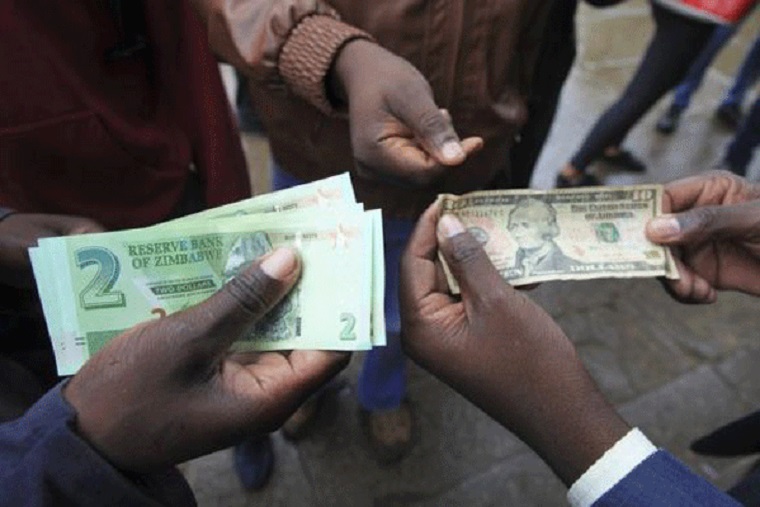 Reserve Bank of Zimbabwe governor John Mangudya yesterday finally put a stop to official pretence that the burgeoning electronic balances in the banks – and the loathed bond notes – were at par with the United States dollar.
Reserve Bank of Zimbabwe governor John Mangudya yesterday finally put a stop to official pretence that the burgeoning electronic balances in the banks – and the loathed bond notes – were at par with the United States dollar.
Mangudya announced the return of foreign currency accounts (FCAs), which will be separated from real time gross settlement system (RTGS) deposits.
For a long time, critics have long argued that the RTGS balances, which ballooned on account of the government’s unrestrained issuance of Treasury Bills, were a de facto local currency whose value was a significant discount on the US dollar.
The authorities, who of course knew this all along, do seem to have come around.
Mangudya said yesterday the separation of FCAs and RTGS accounts is meant “to eliminate the commingling or dilution effect of RTGS balances on Nostro foreign currency accounts”.
At the end of June, electronic bank balances stood at $9.53 billion, against hard currency reserves of US$200 million. The central bank hopes its intervention will restore forex deposits in the economy.
According to Mangudya, foreign exchange earners that include international organisations, diaspora remittance recipients, holders of free funds, exporters and recipients of foreign loans qualify to hold FCAs.
The policy move sees the reversal of the arrangement which followed dollarisation in January 2009, when the country dollarised and transformed all bank accounts into effective FCAs.
The reversion to FCAs – transactional accounts holding foreign currencies – effectively confirms the existence of a local currency, despite official protestations to the contrary.
The RBZ has given banks up to October 15, 2018, to separate the real FCAs (which the RBZ calls Nostro FCAs) from the chaff (RTGS FCAs).
Banks will have to open new FCA bank accounts for qualifying depositors, but are required to use their know-your-client principles to separate the accounts without requiring their clients to complete any other documentation.
Continued next page
(642 VIEWS)


